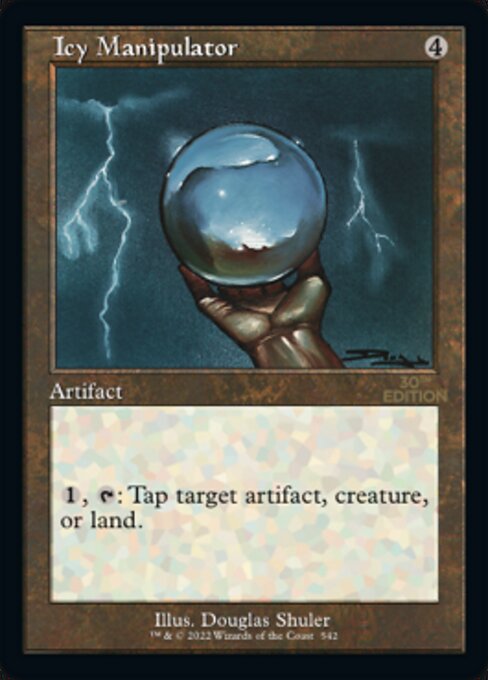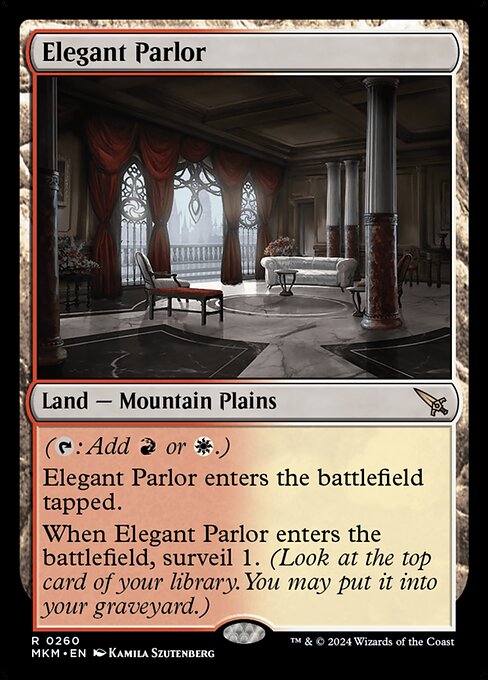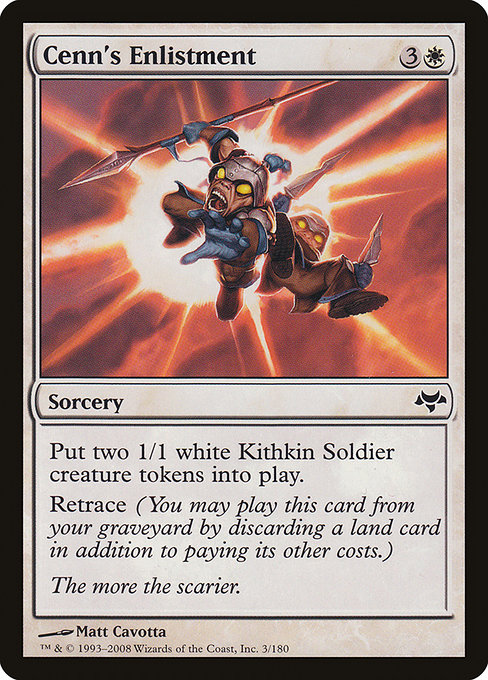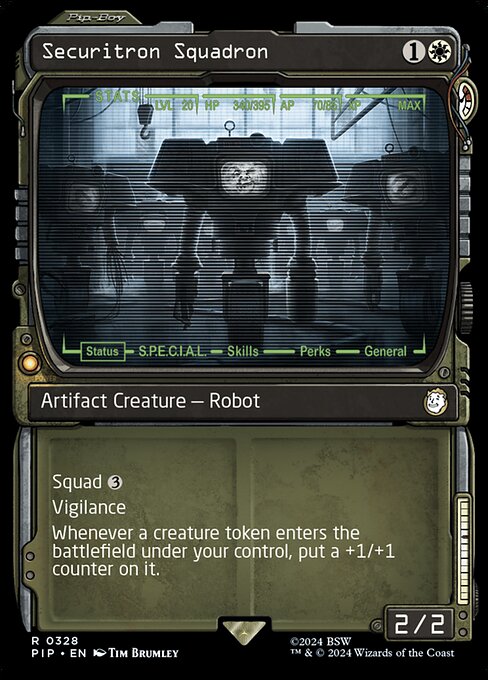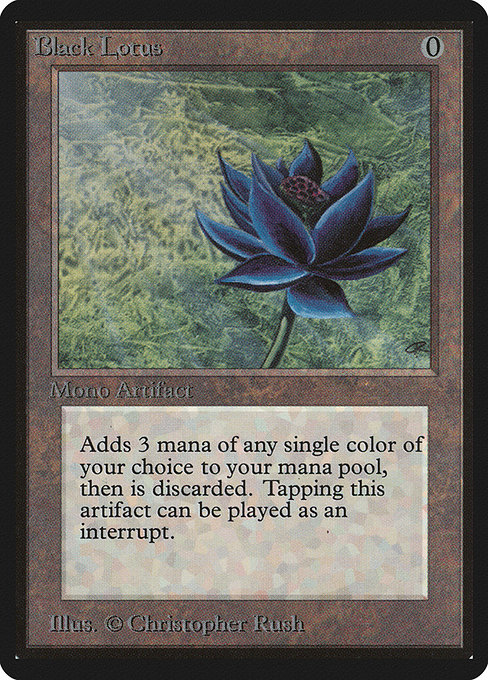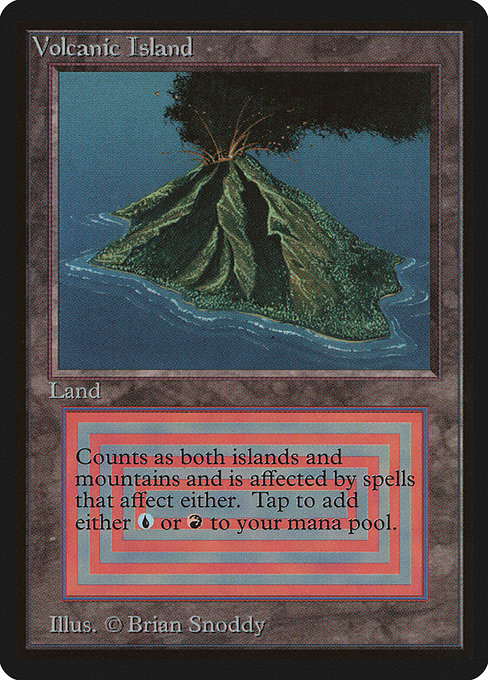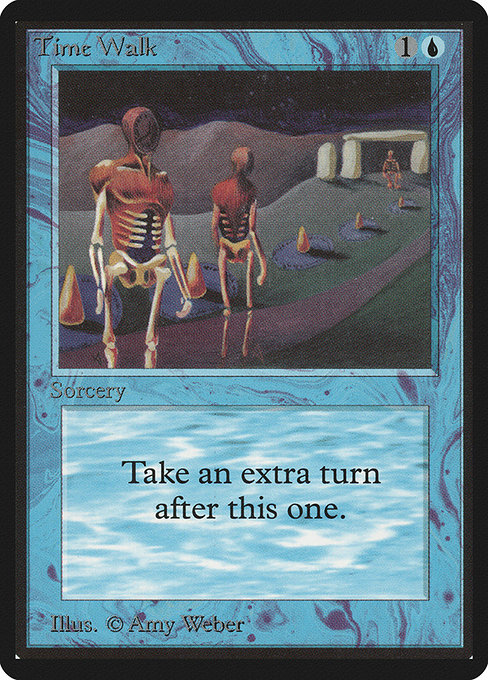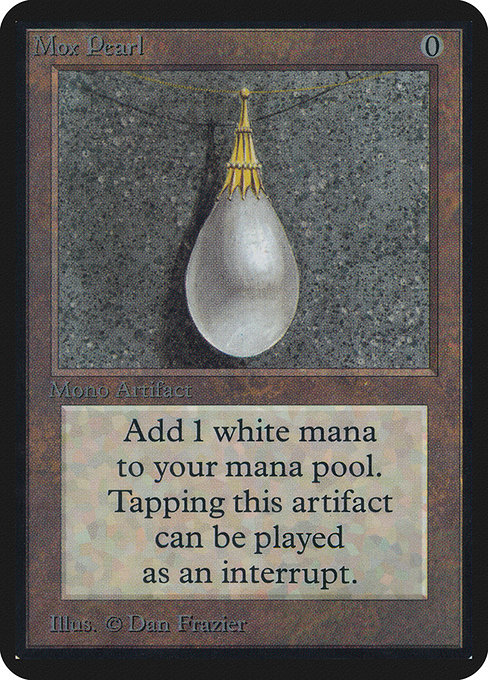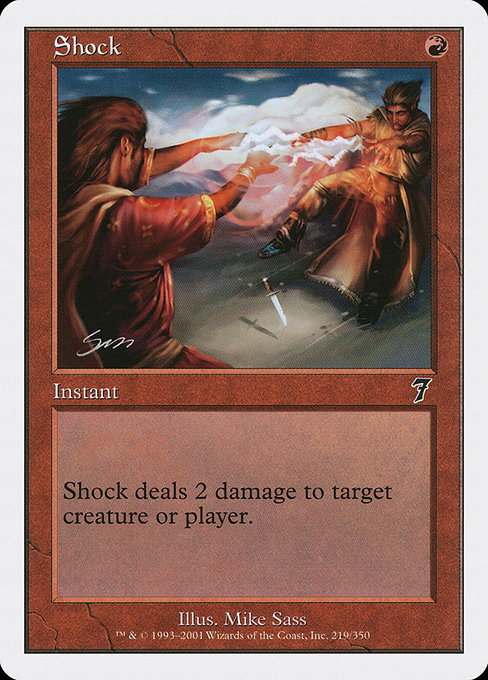
Shock

Recent Analyses
Full Analysis
Generated on 2025-06-28T13:46:35.806666Shock: A Timeless Staple
TL;DR Summary Shock is an iconic and versatile instant that has been a cornerstone of many Magic: The Gathering strategies. Its ability to deal direct damage to any target makes it an excellent tool for managing board states, clearing the way for more complex combo synergies, or simply pressuring opponents' life totals.
The Simple yet Effective Mechanics of Shock
At its core, Shock is a straightforward card that deals 2 damage to any target on the battlefield. Its simplicity belies its incredible versatility and effectiveness in various deck archetypes. As an instant, Shock can be played at any time during the turn, including during combat or after attacking with creatures. This flexibility allows players to respond to changing circumstances and adapt their strategy on the fly.
One of the key benefits of Shock is its ability to target any creature, artifact, or player on the battlefield. This means that it can be used to clear obstacles, deal direct damage to opponents' life totals, or even destroy problematic artifacts. The versatility of Shock makes it an excellent tool for managing complex board states and adapting to changing circumstances.
Strategic Applications of Shock
Shock is an incredibly versatile card that can be used in a variety of strategic contexts. Some key applications include:
- Aggressive Decks: Shock is often included in aggressive decks to provide additional direct damage and pressure on opponents' life totals. Its ability to deal 2 damage without any additional costs makes it an excellent fit for aggressive strategies.
- Combo Decks: Shock can be paired with cards like Lightning Bolt or Fireball to create explosive, game-winning plays. The combination of Shock's direct damage with more complex combo synergies can lead to devastating results.
- Control Decks: Shock can be used to clear the board of problematic creatures or artifacts, making it easier for control decks to establish a strong grip on the game.
Some notable combos featuring Shock include:
- Shock + Lightning Bolt + Fireball: A classic combo that deals massive amounts of direct damage in a single turn.
- Shock + Epic Experiment + Tolarian Academy: A more complex synergy that rewards aggressive play and generates card advantage through Epic Experiment's ability.
The Role of Shock in Deckbuilding
Shock is an excellent addition to many Magic: The Gathering decks, particularly those focused on aggression or control. Some key deckbuilding considerations include:
- Aggressive Decks: Include 1-3 copies of Shock to provide additional direct damage and pressure.
- Combo Decks: Use Shock as a component of more complex combo synergies or as a standalone option for dealing direct damage.
- Control Decks: Include 2-4 copies of Shock to clear the board of problematic creatures or artifacts.
Format Viability and Competitive Context
Shock is a staple in many Magic: The Gathering formats, including Modern, Legacy, and Commander. Its versatility and accessibility make it an excellent inclusion in most aggressive or controlling decks. However, its effectiveness can be impacted by various factors, such as:
- Card advantage: Shock's direct damage may not provide the same level of card advantage as more complex combo synergies.
- Board state management: Shock's ability to target any creature or artifact makes it an excellent tool for managing board states, but its impact can be diminished if opponents have access to counterspells or other forms of removal.
Rules Interactions and Technical Notes
As an instant, Shock follows the standard rules of Magic: The Gathering. However, some key considerations include:
- Targeting: Shock can target any creature, artifact, or player on the battlefield.
- Mana cost: Shock has a mana cost of {R}, making it accessible to most mid-to-late-game strategies.
- Timing: Shock can be played at any time during the turn, including during combat or after attacking with creatures.
Art and Flavor
Shock's artwork features a dramatic depiction of a lightning bolt striking a target, emphasizing its high-energy theme. The card's flavor text is not particularly notable, but its historical context is significant: Shock was first printed in 1993 as part of the Beta set, one of the original Magic: The Gathering sets.
Strategic Synergies and Combos
Some other cards that pair well with Shock include:
- Lightning Bolt: A classic combo partner for Shock, providing additional direct damage and pressure on opponents' life totals.
- Fireball: A versatile card that can be paired with Shock to create explosive, game-winning plays.
- Epic Experiment: A more complex synergy partner for Shock, generating card advantage through its ability.
Conclusion
Shock is an iconic and versatile instant that has been a cornerstone of many Magic: The Gathering strategies. Its ability to deal direct damage to any target makes it an excellent tool for managing board states, clearing the way for more complex combo synergies, or simply pressuring opponents' life totals. Whether used in aggressive decks, combo decks, or control decks, Shock is a must-include card that has earned its place as one of Magic's most enduring and beloved cards.
Impact on Gameplay
Shock's impact on gameplay can be significant, particularly when combined with other cards or strategies. Its ability to deal direct damage makes it an excellent tool for pressuring opponents' life totals and creating opportunities for more complex combos. However, its effectiveness can be diminished by the presence of counterspells or other forms of removal.
Archetypes that Benefit from Shock
Aggressive decks, combo decks, and control decks all benefit from the inclusion of Shock in their strategy. Its ability to deal direct damage makes it an excellent fit for aggressive strategies, while its versatility makes it a valuable addition to more complex combos.
Common Misconceptions about Shock
Some players may assume that Shock is only useful in aggressive or combo decks, but this overlooks its potential value in control decks as well. Shock's ability to deal direct damage and clear the board of problematic creatures or artifacts makes it an excellent tool for establishing a strong grip on the game.
Conclusion and Recommendations
In conclusion, Shock is an iconic and versatile instant that has been a cornerstone of many Magic: The Gathering strategies. Its ability to deal direct damage to any target makes it an excellent tool for managing board states, clearing the way for more complex combo synergies, or simply pressuring opponents' life totals. Whether used in aggressive decks, combo decks, or control decks, Shock is a must-include card that has earned its place as one of Magic's most enduring and beloved cards.
When building a deck, consider including 1-3 copies of Shock to provide additional direct damage and pressure on opponents' life totals. For more complex combos, use Shock as a component of the synergy or as a standalone option for dealing direct damage. In control decks, include 2-4 copies of Shock to clear the board of problematic creatures or artifacts.
References
- Alpha set (1993)
- Beta set (1993)
- Modern format
- Legacy format
- Commander format
Note: The references section provides a brief list of notable sets and formats where Shock has been printed. This information is intended to provide context for the card's history and impact on gameplay.
Glossary
- Aggressive deck: A type of deck that focuses on dealing direct damage to opponents' life totals.
- Combo deck: A type of deck that relies on complex combos to generate card advantage or win the game.
- Control deck: A type of deck that focuses on establishing a strong grip on the game through removal and counterspells.
Note: The glossary section provides brief definitions for key terms related to Magic: The Gathering strategies. This information is intended to provide context for readers who may be unfamiliar with specific terms or concepts.
